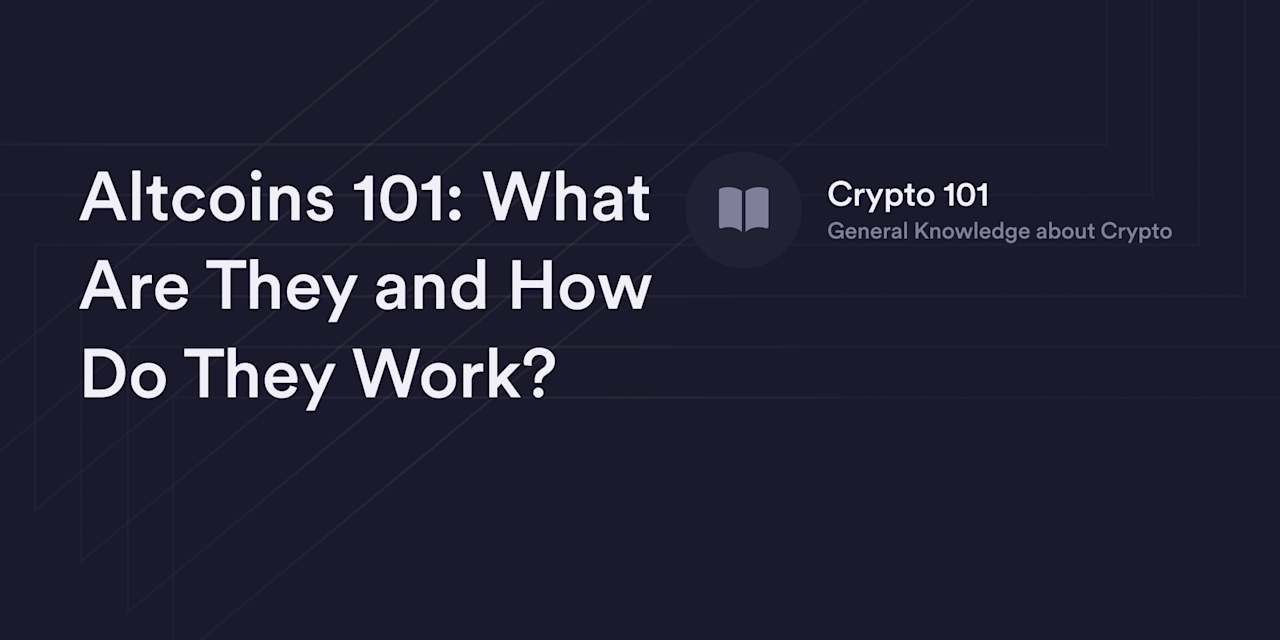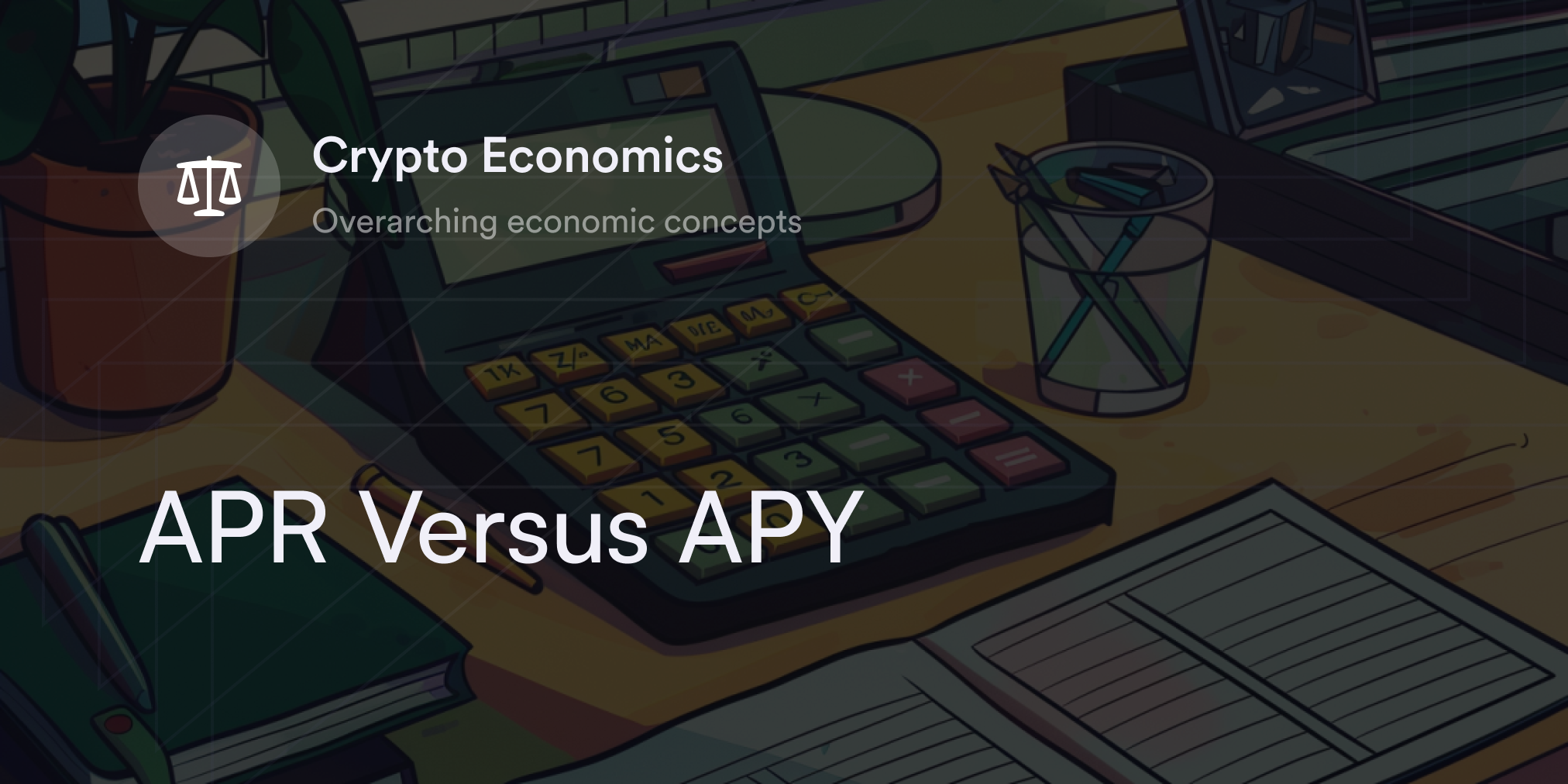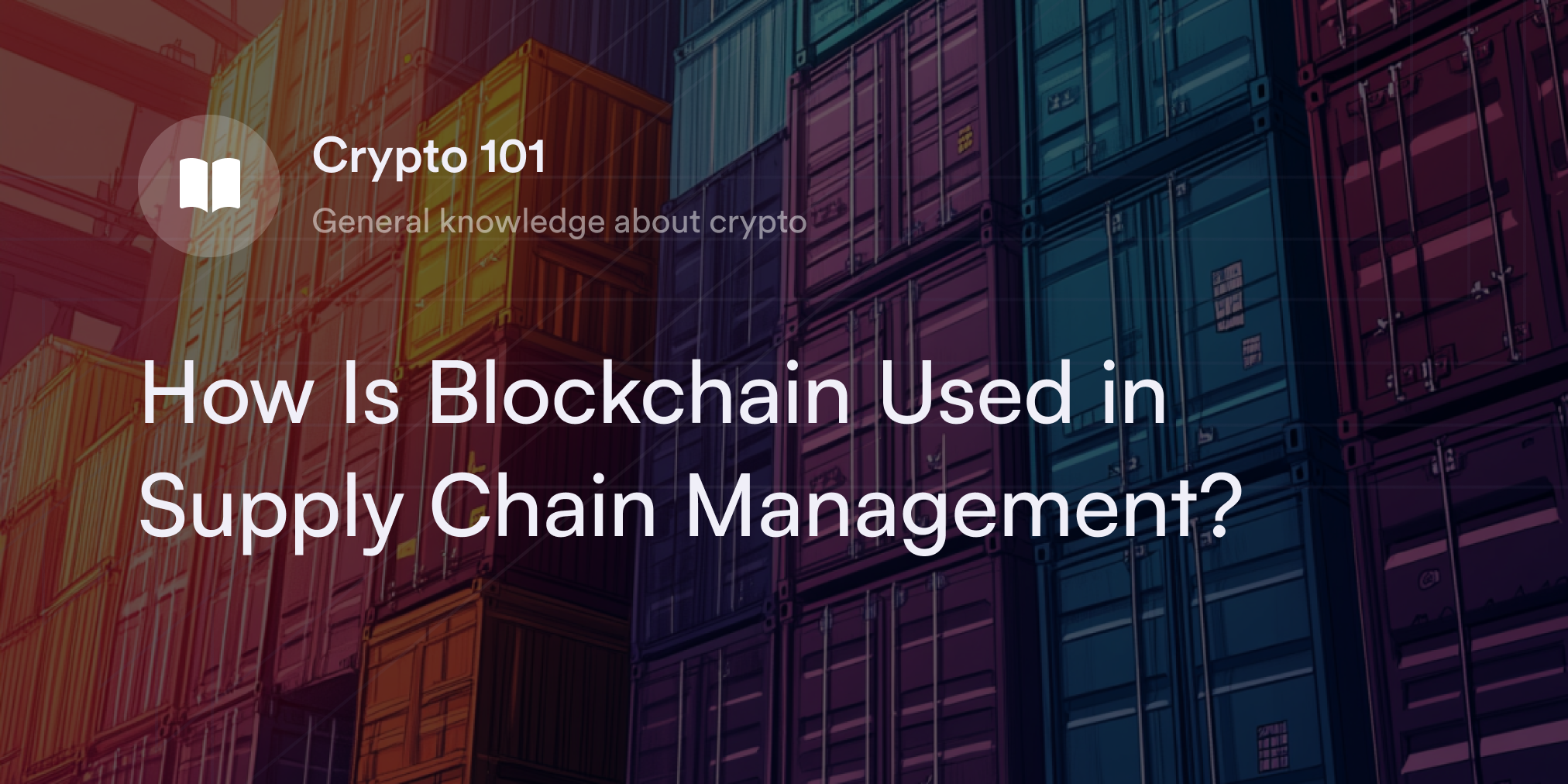


The idea of building a website to give strangers hundreds of free Bitcoins (BTC) every week sounds bizarre. Yet this was a reality in the early history of cryptocurrency — in fact, pioneering Bitcoin developer Gavin Andresen created a site called "The Bitcoin Faucet" that encouraged visitors to claim up to five BTC per day.
Between 2010 and 2011, Andresen sent 19,715 BTC to people who visited his website. At the time of writing, that amount of Bitcoin is worth about $600 million USD.
Today’s crypto faucets don't give away such generous returns, but they are a legitimate way for people to earn small amounts of free cryptocurrency. However, new users must be extra cautious when evaluating a crypto faucet to avoid scams. Before becoming involved with these websites, it’s key to understand exactly what a crypto faucet is and how to choose a safe platform.
What is a Crypto Faucet?
A crypto faucet is a website or mobile app that gives out small cryptocurrency rewards to users.
Early cryptocurrency enthusiasts like Andresen created the first Bitcoin faucets to encourage more people to learn about cryptocurrencies and experiment with transferring BTC. By gifting people small amounts of BTC for completing small tasks (such as submitting CAPTCHAs or taking surveys), Bitcoin advocates hoped to spread awareness about the ecosystem and encourage more people to download a crypto wallet and start exchanging digital assets.
Since Bitcoin was worth less than a penny when it launched in 2009, the first crypto faucets typically gave users whole Bitcoins every day they visited the websites. However, as the cryptocurrency market grew over the past decade, Bitcoin faucets began measuring their daily rewards in "satoshis," which refers to the smallest denomination for a Bitcoin (100 million satoshis is equal to one BTC). Some crypto faucets also offer rewards in altcoins, such as Ethereum (ETH), Litecoin (LTC), and Dogecoin (DOGE). But no matter which asset a person claims, faucets typically only reward users with a few pennies worth per day.
How do Crypto Faucets Work?
Crypto faucets are similar to free survey rewards websites like Survey Junkie and Swagbucks, except they offer users cryptocurrency rather than dollars or gift cards. First, someone creates an account on a crypto faucet by submitting their name, email address, and password. Once on a faucet's homepage, they can look through the site’s opportunities to earn cryptocurrency. Each crypto faucet has unique options, but many reward users for playing sponsored video games, watching advertisements, or taking online surveys. Some faucets also have a "lucky wheel" users can spin every few hours to add more satoshis to their accounts.
Each crypto faucet has a unique minimum withdrawal limit. This is the amount users must have in their account before they can transfer their rewards to a crypto wallet. For instance, on the crypto faucet Cointiply, people need at least $5 USD worth of rewards to send BTC to a Bitcoin wallet. When users have enough points in their Cointiply account, they submit a request for at least $5 in rewards and share their private Bitcoin wallet address. Within a day or two, they should see the BTC appear in the crypto wallet address provided.
Are Crypto Faucets Safe?
Whenever websites offer "free crypto," it's sensible to be skeptical. There are countless scams in the cryptocurrency industry claiming to provide exceptional returns. For example, a 2022 cryptocurrency project modeled on the hit Netflix series "Squid Game" promised rewards and gaming opportunities to people buying its SQUID tokens. Shortly after its launch, however, the team behind SQUID blocked traders from accessing their funds and fled with $16 million USD. Although the bad apples in the digital asset space don't mean every cryptocurrency project is a scam, people must exercise caution when considering a crypto faucet website.
Legitimate crypto faucets have large followings, positive online reviews, and long records of successful withdrawals. It's also crucial for people to manage their expectations when setting up a faucet account. At most, a crypto faucet rewards dedicated users with a few extra dollars every month. If a crypto faucet advertises outrageously high returns, it's best to avoid the website, as it’s likely a scam.
How do Crypto Faucets Make Money?
Crypto faucets give away free digital assets to hundreds or thousands of people every day. How can they afford to do this?
Faucets earn money through advertising and partnerships with other companies, often businesses in the crypto sector. When people log in to a crypto faucet, they typically see many flashing ads on the main page. People who don't have a spam blocker on their web browser may also notice dozens of pop-ups appearing on their screens. Many faucets also work with survey websites, game developers, and video-streaming platforms to generate extra revenue. For instance, a crypto faucet may incentivize people to download and play a sponsored mobile app in exchange for payment from the creator.
What Are the Most Popular Crypto Faucets?
People should be cautious and selective when choosing a crypto faucet. Just because a faucet is popular doesn't mean it's 100% safe. Always do plenty of research before sharing personal information, such as an email address, with a crypto faucet.
Here are three faucets with a positive reputation for safety and legitimacy:
Cointiply: With a 4-star rating on TrustPilot and over 1 million downloads on the Google Play store, Cointiply is one of the most popular faucets for earning money in Bitcoin. The New York-based company dates back to 2018 and has given out approximately $12 million in rewards since its launch. Users on Cointiply have dozens of ways to earn daily points, including video games, surveys, and a lucky wheel. Cointiply lets users withdraw rewards in Bitcoin, Litecoin, Dogecoin, and Dash, and it's available as a desktop and Android app.
Fire Faucet: Fire Faucet isn't as big as Cointiply, but it offers many similar ways to earn cryptocurrency rewards. People with a Fire Faucet account watch ads, take surveys, and visit sponsored links to earn Auto Claim Points (ACP). Fire Faucet then allows users to convert their ACP to several cryptocurrencies — including Bitcoin, Binance Coin (BNB), and Litecoin — when they reach the threshold associated with their preferred assets. Fire Faucet also offers gift cards for companies including Amazon, eBay, and Apple with a $5 minimum withdrawal.
Bitcoin Aliens: Bitcoin Aliens has been around since 2014 and offers a suite of gaming apps people use to earn small amounts of crypto. The most popular apps offered by Bitcoin Aliens include Litecoin Giveaway and Bitcoin Cash Giveaway, which have over 1 million downloads and 4-star ratings on Google Play. Although most of Bitcoin Aliens' apps are only for Android devices, the game Alien Run works on iOS and offers BTC payouts.
Who Uses Crypto Faucet Apps?
Early Bitcoin programmers created crypto faucets to give people outside the crypto community a simple way to use digital currencies. Inexperienced or "crypto curious" users have always been the target audience for faucets — anyone interested in experimenting with transferring popular coins like BTC is a great fit for these sites.
Using a crypto faucet probably won't bring in more than a few dollars every month. Still, they help new traders learn invaluable skills such as opening a crypto wallet, copying a blockchain address, and successfully sending cryptocurrencies. If people are uncomfortable opening a trading account on a centralized or decentralized exchange, transferring crypto faucet rewards is a good first step toward understanding how to manage digital assets.
Crypto Faucet Safety Tips
A high-quality crypto faucet is a positive resource for people interested in experimenting with cryptocurrencies without risking their hard-earned cash. However, to be safe, review each faucet's history and online reviews before committing to a platform. If a crypto faucet looks "spammy" or "too good to be true," it probably is.
Consider creating a crypto wallet and email account specifically for faucet rewards. Although faucets like Cointiply have a high safety record, there's always a risk of cyberattacks, phishing scams, or spam messages. Using a secondary email account and crypto wallet, users don't have to worry about a bad faucet putting their entire digital identity at risk.
Most importantly, never give out the private "seed phrase" associated with a crypto wallet to a faucet's website. This 12–24-word phrase serves as the "master password" for a wallet, so anyone who knows it can access the cryptocurrency inside. Fraudsters try to trick new traders into sharing their seed phrases for a special reward or protection from a fake security issue. Cryptocurrency companies should never ask for a user's seed phrase, so never reveal these words to a faucet.
Learn to Stay Safe in Web3 with dYdX Academy
Crypto faucets are a free way to dip your toes into the cryptocurrency economy, but not every project has good intentions. Before exploring the opportunities on crypto faucets, review the basics of Web3 safety on dYdX's blog. Also, check out our Academy, which has dozens of beginner-friendly articles and tutorials on essential cryptocurrency safety topics, including private keys, hardware wallets, and seed phrases.
Disclaimer
The content of this article (the “Article”) is provided for general informational purposes only. Reference to any specific strategy, technique, product, service, or entity does not constitute an endorsement or recommendation by dYdX Trading Inc., or any affiliate, agent, or representative thereof (“dYdX”). Use of strategies, techniques, products or services referenced in this Article may involve material risks, including the risk of financial losses arising from the volatility, operational loss, or nonconsensual liquidation of digital assets. The content of this Article does not constitute, and should not be considered, construed, or relied upon as, financial advice, legal advice, tax advice, investment advice, or advice of any other nature; and the content of this Article is not an offer, solicitation or call to action to make any investment, or purchase any crypto asset, of any kind. dYdX makes no representation, assurance or guarantee as to the accuracy, completeness, timeliness, suitability, or validity of any information in this Article or any third-party website that may be linked to it. You are solely responsible for conducting independent research, performing due diligence, and/or seeking advice from a professional advisor prior to taking any financial, tax, legal, or investment action.
You may only use the dYdX Services in compliance with the dYdX Terms of Use available here, including the geographic restrictions therein.
Any applicable sponsorship in connection with this Article will be disclosed, and any reference to a sponsor in this Article is for disclosure purposes, or informational in nature, and in any event is not a call to action to make an investment, acquire a service or product, or purchase crypto assets. This Article does not offer the purchase or sale of any financial instruments or related services.
By accessing this Article and taking any action in connection with the information contained in this Article, you agree that dYdX is not responsible, directly or indirectly, for any errors, omissions, or delays related to this Article, or any damage, injury, or loss incurred in connection with use of or reliance on the content of this Article, including any specific strategy, technique, product, service, or entity that may be referenced in the Article.







